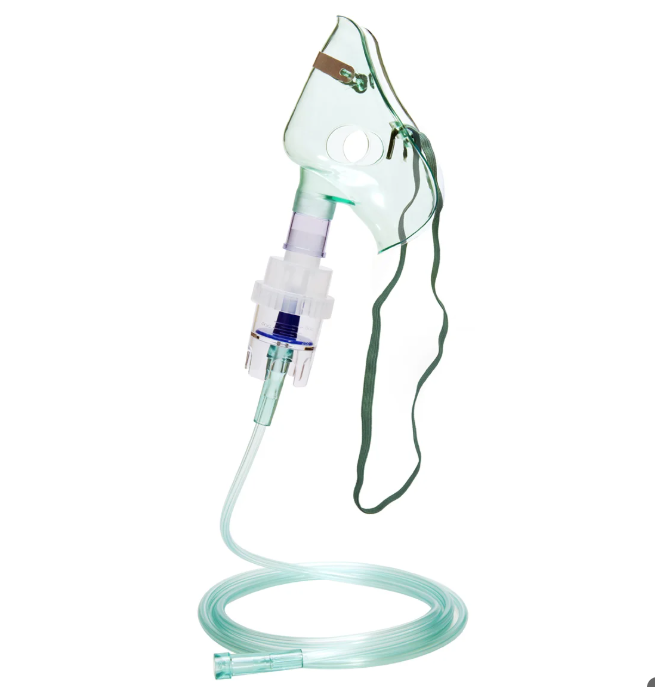In the field of respiratory therapy, a common question arises: “Can you use a nebulizer mask for oxygen?” This inquiry highlights the need for clarity regarding the roles of various respiratory devices. Wellead Medical, a leader in respiratory care solutions, addresses these complexities to support both patients and healthcare providers.

Understanding the Role of Nebulizer Masks
A nebulizer consists of several components: a compressor, a medication cup, a mouthpiece or mask, and tubing. The compressor generates compressed air that creates a mist from the liquid medication stored in the cup. This mist is inhaled through the mouthpiece or mask, ensuring effective delivery of the medication.
How Does a Nebulizer Work?
The nebulizer breaks down medication into tiny particles for easy inhalation, allowing it to reach the lungs directly. This targeted delivery helps open airways, reduce inflammation, and alleviate symptoms such as wheezing and shortness of breath.
The Role of Oxygen in Respiratory Therapy
Oxygen is vital for life and plays a crucial role in respiratory function. Oxygen therapy involves administering supplemental oxygen to individuals with low blood oxygen levels. Various devices, such as oxygen concentrators and tanks, are used for oxygen delivery.
Can You Use a Nebulizer Mask for Oxygen?
A common question arises: “Can you use a nebulizer mask for oxygen?” Nebulizer masks are primarily designed for medication delivery, not oxygen therapy. They can not replace devices specifically designed for oxygen, such as oxygen tanks or concentrators. It’s crucial to consult healthcare professionals to determine the most effective approach for each patient.
Risks and Considerations
While nebulizers are valuable for delivering medication, they may not provide adequate oxygen concentration for patients requiring high-flow oxygen. Proper maintenance and monitoring are essential to ensure safety and effectiveness.
Alternatives to Nebulizers for Oxygen Therapy
Oxygen concentrators and tanks are more suitable alternatives for delivering supplemental oxygen. These devices are specifically designed to meet patients’ oxygen needs more effectively than nebulizers.
Conclusion
In conclusion, while nebulizers play a significant role in respiratory care, they are not typically used for oxygen delivery. Consulting with healthcare professionals is vital to determine the best treatment approach tailored to individual needs. Wellead Medical is dedicated to providing high-quality nebulizer solutions that enhance respiratory health outcomes.

